How to Prevent Burnout as a Highly Sensitive Person
As a highly sensitive person (HSP), your natural inclination to care deeply for others is a wonderful quality. It's what makes you empathetic, compassionate, and driven to make a positive impact in the world. However, this very strength can also lead to burnout if you neglect to take care of yourself in the process. Burnout, characterized by physical and emotional exhaustion, is a real risk for HSPs who immerse themselves in helping others without tending to their own well-being.
As someone who has felt the calling to help others, I understand the satisfaction and meaning it brings to your life. Whether you're in a helping profession, volunteering, or supporting loved ones, it's crucial to be aware of the signs of burnout and take proactive steps to combat it.
Signs of Burnout
Burnout can manifest in various ways, affecting your physical and mental health. Increased physical symptoms like headaches, body aches, and compromised immune systems are common indicators. Chronic fatigue, feeling apathetic and disconnected from your passions, mental health struggles like depression and anxiety, and engaging in numbing behaviors are other signs that should not be ignored. A sense of dread and feelings of regret can also permeate your thoughts, leading to compassion fatigue, where you struggle to find the energy to empathize with others.
Why HSPs Are More Vulnerable to Burnout
As an HSP, your nervous system is more sensitive and easily overwhelmed compared to non-HSPs. This heightened sensitivity can lead to people-pleasing behavior and self-sacrifice, increasing the risk of burnout. Additionally, your deep emotional processing means that witnessing or hearing about others' tragedies can take a toll on your well-being, resulting in vicarious trauma akin to PTSD.
Combatting Burnout: 6 Strategies for HSPs
While burnout is a real concern, don't despair or abandon your desire to help others. Instead, take proactive steps to prevent or remedy burnout, starting with the following six strategies:
1. Self-awareness through regular check-ins: To avoid burnout, make it a habit to check in with yourself regularly. Ask yourself how you're feeling and what you need at the moment. Being honest and specific about your emotions and needs is essential, as it allows you to take appropriate action.
2. Set and enforce boundaries: Implementing boundaries may seem challenging for HSPs, but they are vital for protecting your well-being. Learn to say "no" when necessary, avoid bringing work home, dedicate nights and weekends to self-care, and take vacations or staycations when needed.
3. Embrace daily self-care: Regular self-care is crucial for thriving as an HSP. Engage in activities that nourish your physical, mental, and emotional needs every day, helping you destimulate and prevent burnout. Nature walks, spending time with pets, joyful movement, nourishing meals, and light-hearted entertainment can all be part of your self-care routine.
4. Discover healthy coping mechanisms: When feelings of overwhelm become too intense, avoid unhealthy numbing behaviors and turn to coping skills that allow you to process your emotions. Deep breathing, mindfulness, running, crying, taking baths, or listening to music are examples of healthy coping mechanisms you can experiment with.
5. Plan non-helping related activities: While helping others is rewarding, it's essential to create balance in your life. Schedule activities that you genuinely enjoy and look forward to, providing a break from helping while boosting your mood.
6. Process your feelings: When you dedicate yourself to helping others, it's natural to experience a range of emotions. Some of these emotions bring a sense of fulfillment, knowing that you've made a positive impact. However, there are also challenging emotions that can arise. As previously mentioned, if these emotions are not addressed, highly sensitive people (HSPs) may encounter vicarious trauma. That's why it is crucial to process these feelings effectively. While seeking psychotherapy is an ideal approach, there are alternative options if therapy is unavailable or you're looking for additional support. These include confiding in a trusted friend, family member, or partner, engaging in journaling to reflect on your experiences, and practicing introspection to gain deeper self-awareness.
It's important to acknowledge that burnout can pose a significant challenge for sensitive individuals. Nevertheless, there are proactive steps you can take to mitigate its impact. Remember that by prioritizing self-care and attending to your own needs, you will be better equipped to continue helping others while preserving your unique HSP qualities. While it's true that HSPs possess a natural inclination to assist others, it's equally important to recognize that you deserve to receive help and support as well.
Warmly,
Tekin Meric, MSc
Counselor & Coach
If you would like to receive counseling or coaching support as you navigate your life issues, please feel free to reach out. I would be honored to hold a space for you online or in my practice in Amsterdam.



